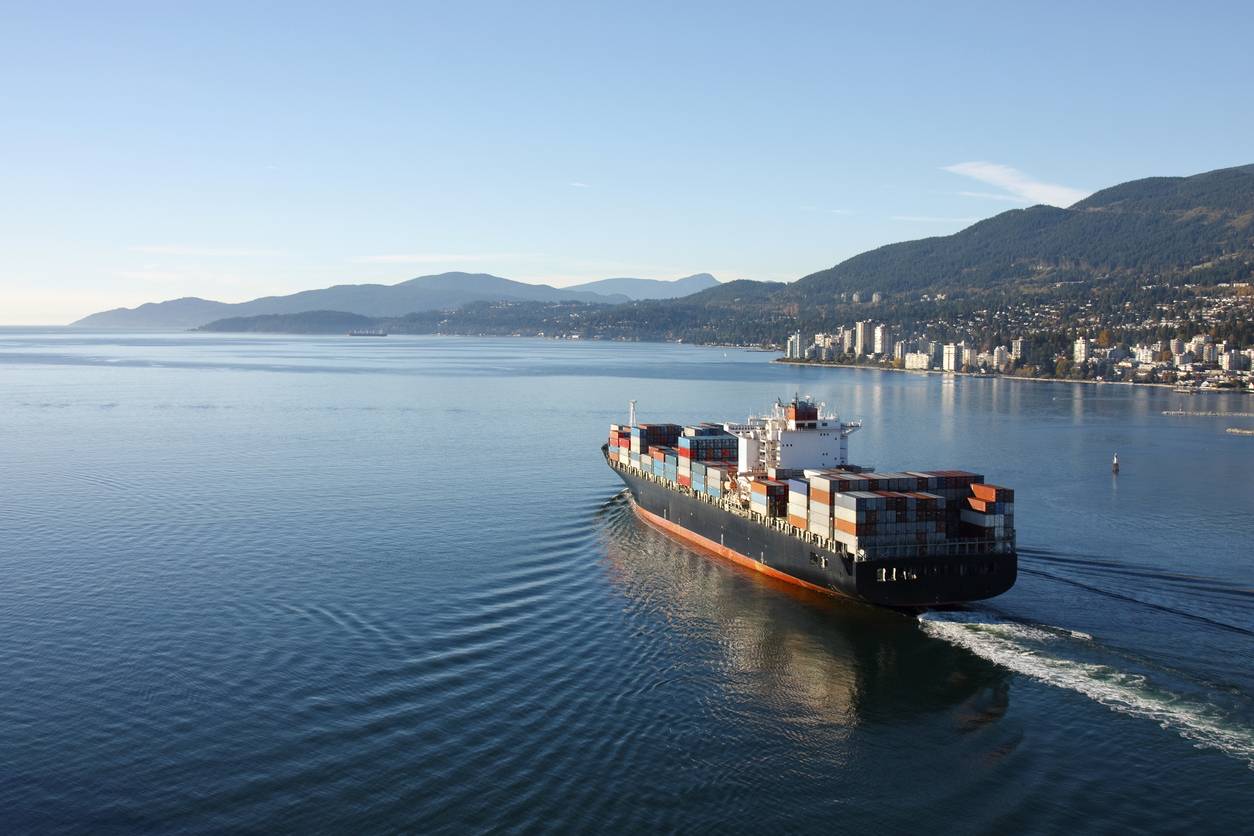
Addressing Ship Collisions at Sea
April 27, 2021
Each year, thousands of ships ply trade routes that circle the globe. Commercial ship traffic generally moves efficiently and safely, yet accidents can and do occur. A ship collision can be a devastating event, not only for the ships and their crew, but also for any cargo or materials aboard the vessels involved in the collision. A severe collision may also threaten the environment. Commercial marine insurance serves as a foundational element of risk management. In a ship collision event, this insurance protects shipowners from expensive losses and liability claims.
Ship Collisions: An Overview
A ship collision is defined as any physical impact that occurs between the ship and another object. While ship-to-ship collisions are rare in the open ocean, they occur regularly in protected waterways, such as near port facilities or in congested shipping lanes. Ships may also collide with stationary or floating objects both at sea and near land. Potential collision risks include:
- Icebergs
- Geological formations
- Sandbars
- Port equipment
- Floating berths
- Offshore petroleum platforms
When a ship collides with another ship or with a stationary or floating structure, the vessels may be severely damaged, resulting in expensive repairs or replacement. Ships may also be lost. If a vessel’s fuel tanks or petroleum/chemical storage holds are ruptured, pollution discharges can harm wildlife and fragile ocean ecosystems. Crewmembers involved in a collision may become injured or killed. A shipowner found liable in a collision may face regulatory fines, penalties, and lawsuits. Exposure to the risks associated with ship collisions means that commercial marine insurance is a financial solution to protect shipping assets from damage or loss.
Preventing Ship Collisions
As commercial shipping has become a dominant economic force, ships have grown larger, and speeds have increased. Thankfully, technology has kept pace with ship development, offering both safe and efficient ocean transport. Collision-avoidance systems protect against many at-sea risks, but they are not foolproof. It takes sound risk management principles and skill on the part of ship operators to avoid unexpected collision risks.
Steps for avoiding ship collisions include:
- Inspection and maintenance of critical ship systems, including navigation, steering, and propulsion.
- Maintaining high standards among crewmembers to minimize errors in judgement or safety violations.
- Ensuring adequate crew rest on long voyages.
- Deploying deck watch personnel in congested shipping lanes or harbors to supplement collision-avoidance systems.
Shipping companies must develop and implement safety protocols for all shipboard operations. This is especially true for ships that carry potentially hazardous cargo like petroleum or chemicals. A single ship collision with an oil tanker or chemical vessel can result in widespread environmental damage costing millions of dollars to clean up. By implementing safety strategies, shippers can supplement the protection of commercial marine insurance in protecting ships, crews, and financial assets from the losses associated with ship collisions.
About Merrimac Marine Insurance
At Merrimac Marine, we are dedicated to providing insurance for the marine industry to protect your clients’ business and assets. For more information about our products and programs, contact our specialists today at (800) 681-1998.
